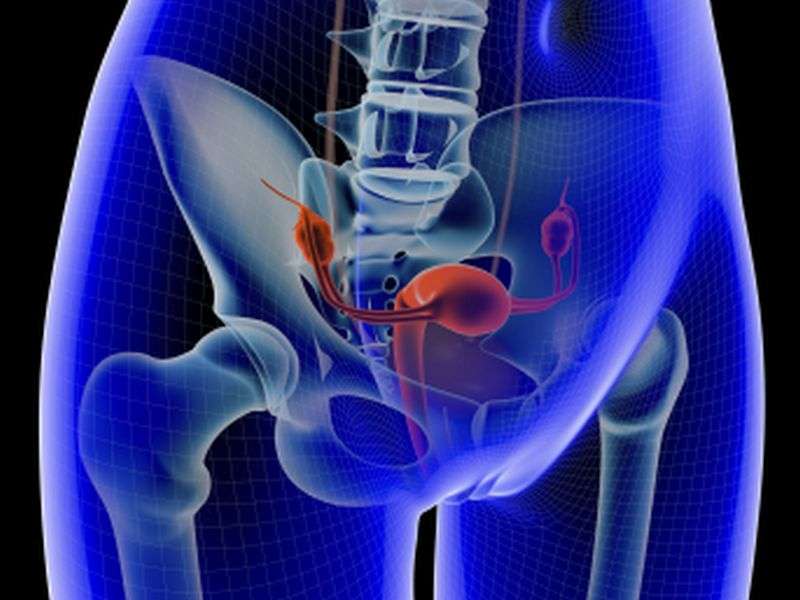Treating Pelvic Organ Prolapse
5/24/2021

Pelvic organ prolapse is a common condition characterized by herniated organs in the pelvic area. Dr. Ali Parden and Dr. Nicole Massie at the UCA Women’s Center as well as Dr. David Qi at UCA specialize in treatments for this issue. We sat down with UCA’s Dr. David Qi to discuss pelvic prolapse and the available surgical and non-surgical treatments.
Pelvic Prolapse, Explained:
Pelvic organ prolapse occurs most frequently in postmenopausal female patients, though it can affect younger females (especially if they have had prior surgeries, such as hysterectomies). The pelvic floor is composed mostly of muscles and ligaments that keep the major pelvic organs in place. Pelvic organ prolapse occurs when there is a weakness in the pelvic floor, causing one or more of the pelvic organs to descend into the vaginal canal.
Common symptoms include pressure in the lower abdomen or vagina, trouble urinating, and constipation. Symptoms are gradual, and they directly correlate to the organ that has descended into the vaginal canal. For example, if the rectum is affected, patients will experience symptoms such as chronic constipation.
Treatment and Recovery:
There are a variety of treatment options available, depending on the patient’s medical history and symptoms. Pelvic floor muscle training through physical therapy can help restore the integrity of the pelvic muscles and prevent the prolapse from progressing further. Another conservative treatment option is a vaginal pessary, which is a tailor-fitted device placed in the vaginal canal that can help keep the pelvic organs in place.
Surgical options are utilized if the condition worsens to the point that the previously mentioned treatment options are not enough. These surgical treatment options include an approach through the vagina or minimally invasive robotic abdominal surgery that can help repair the pelvic floor and replace the pelvic organs in their proper anatomic position.
In the past, surgical treatment options frequently utilized pelvic floor mesh, a net-like implant that aims to provide a wall of support to the weakened pelvic organs and assist in repairing the damaged tissue. The mesh was implanted in the pelvic floor and kept in place with sutures or tissue fixation devices. Pelvic surgeons have moved away from using pelvic mesh in recent years, due to reported issues regarding pelvic mesh erosion.
Recovery from pelvic surgical treatment generally lasts between 4-6 weeks for most patients, although the timeline differs based on the patient’s condition and the treatment option(s) used.
When To Consult Your Physician:
Patients should contact their physician if they begin to experience pain in their vaginal/pubic region in their daily life, such as a pulling/stretching sensation or a noticeable vaginal bulge. Additionally, patients should consult with a physician if they experience symptoms such as spotting/bleeding when they are not menstruating, trouble urinating, or constipation.
The specialists at UCA can diagnose patients with a variety of lab tests, as well as an ultrasound or MRI. If you are experiencing symptoms related to pelvic prolapse, make an appointment with a specialist at UCA by phone or on the UCA website – www.urologycentersalabama.com.
